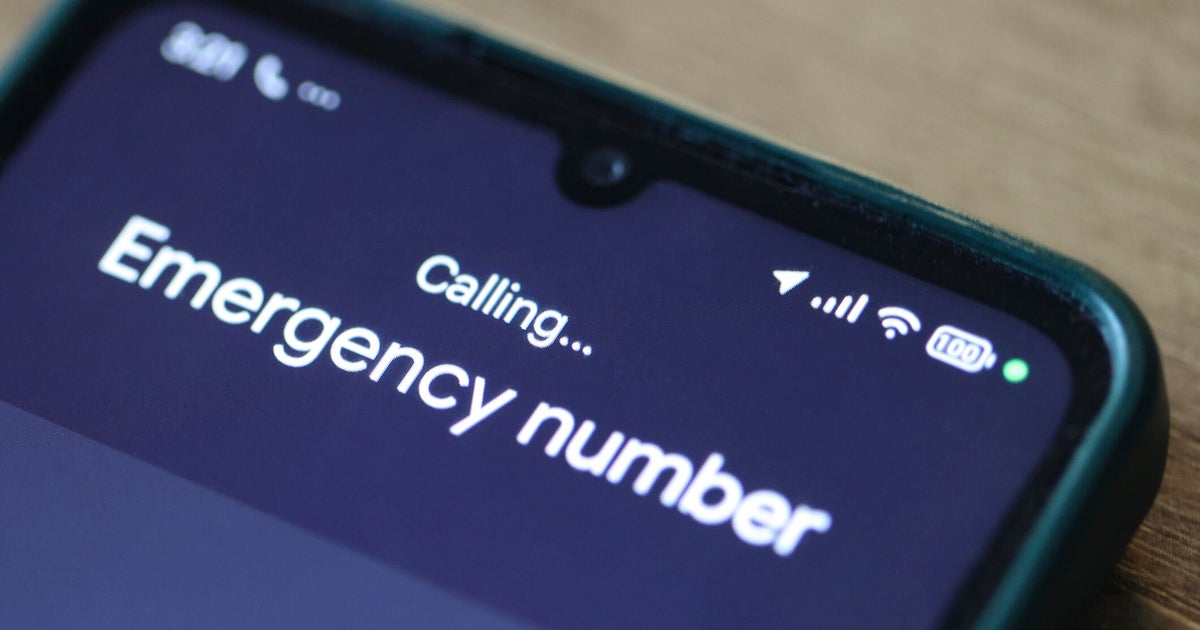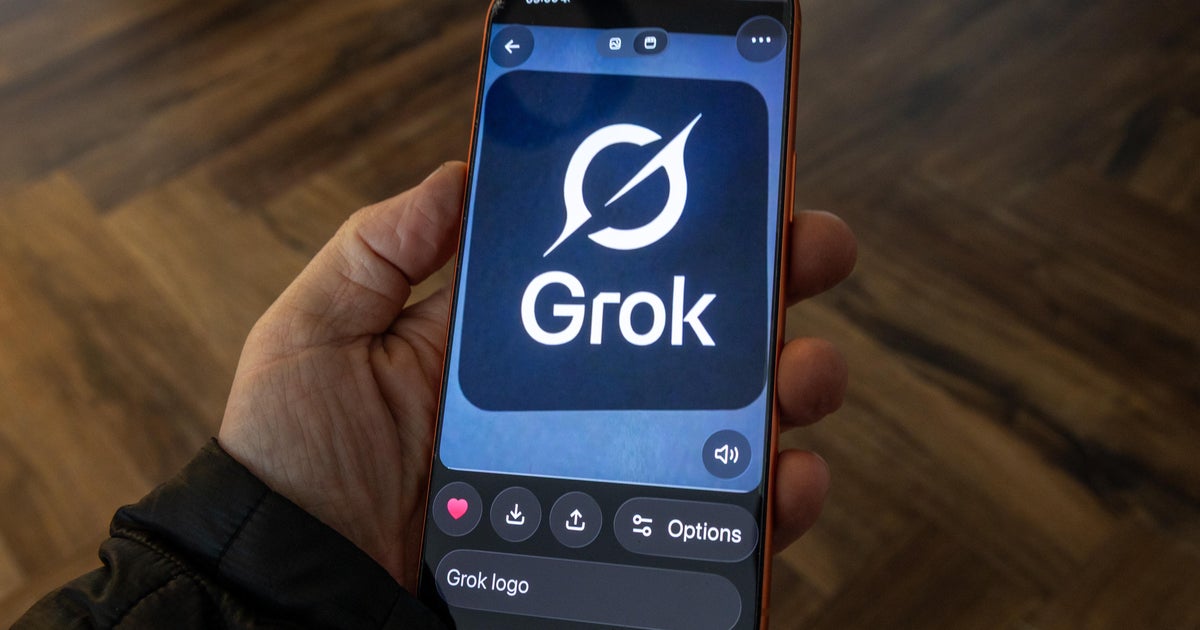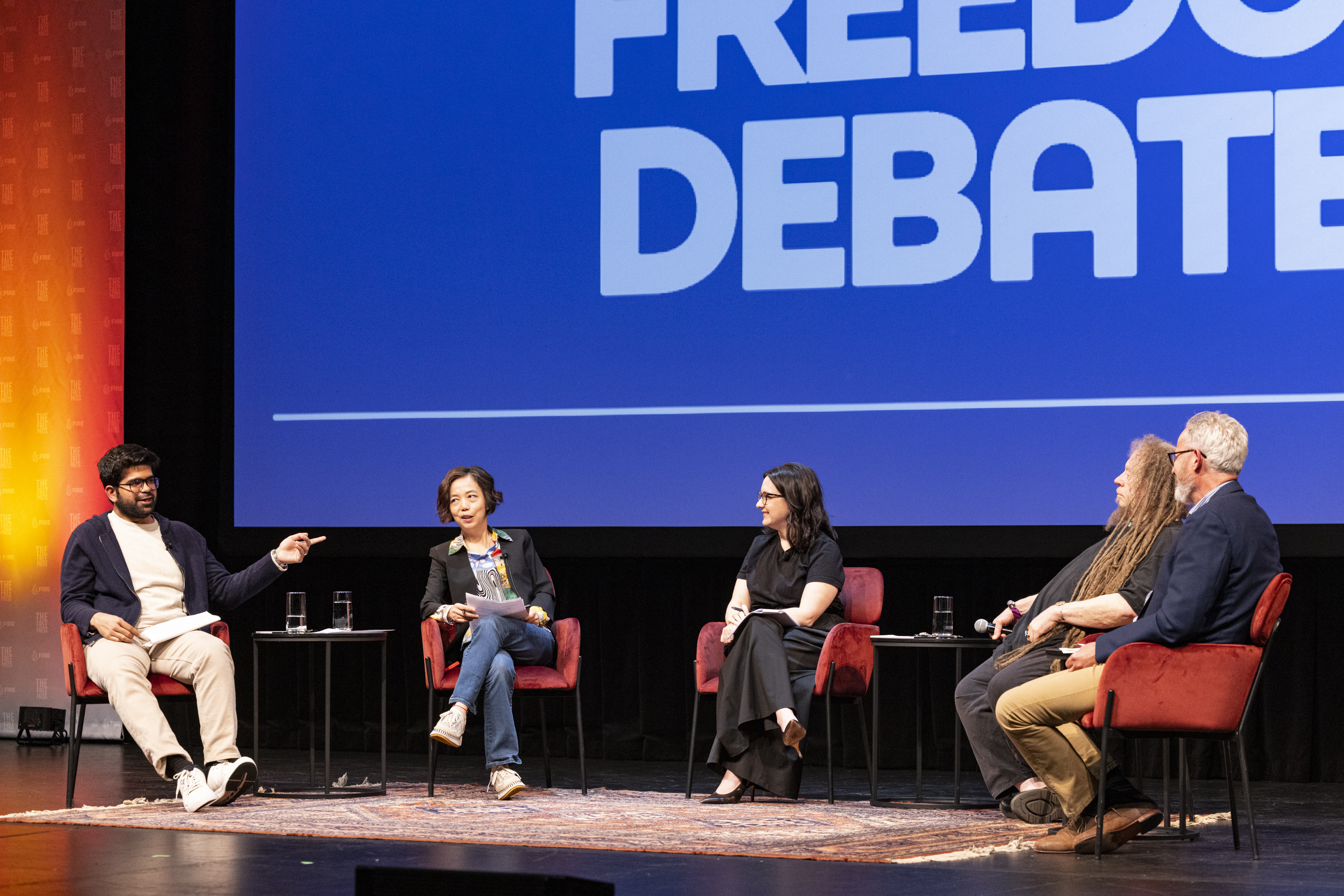AI grandma fights back against scammers
Meet Daisy – an AI-generated grandma created by British phone company Virgin Media O2 as the ultimate scam buster. Daisy's sole purpose is to talk to scammers all day so real people don't have to.
Daisy made her debut on Nov. 14 and has already had more than 1,000 conversations with scammers so far, the longest lasting around 40 minutes, frustrating them with her tech-illiteracy and wasting their time by telling irrelevant stories about her grandchildren.
"The newest member of our fraud-prevention team, Daisy, is turning the tables on scammers – outsmarting and outmaneuvering them at their own cruel game simply by keeping them on the line," Murray Mackenzie, director of fraud at Virgin Media O2, said in a statement.
While Daisy may sound like a human, she is essentially an AI large language model with the character application of a grandma. She functions by listening to the scammers and translating their voice to text. The AI then searches its large database to find an appropriate response, based on the specific scam training it's received, and translates that text response to speech for Daisy to reply. All this happens in seconds with no additional input needed.
The company told CBS they worked with known scam artists to train Daisy and used a tactic called number seeding to get Daisy's phone number added to a list of online "mugs lists" — lists used by scammers targeting U.K. consumers. When they call, Daisy "has all the time in the world" to keep the scammers occupied.
In addition to wasting scammers' time, Virgin Media O2 hopes to draw attention to fraud by warning consumers to be vigilant about who they may be speaking to.
"Daisy is also a reminder that no matter how persuasive someone on the other end of the phone may be, they aren't always who you think they are," Mackenzie said.
According to the company's research, 69% of the British public has reported being the target of a scam and the company says it intercepted and blocked over £250 million ($260 million) in suspected fraudulent transactions last year.
"Fraud is at epidemic levels, with organized gangs of fraudsters operating professional call centers which relentlessly target Brits every second of every day," said Virgin Media O2 COO Rob Orr.
"We're constantly building our defenses higher and sharing compelling evidence of what these gangs are up to but with no real deterrent in place, these criminals can repeatedly steal free from the threat of prosecution."
Fraud is a big problem in the U.S. too. According to TrueCaller, a caller ID and phone blocking app, Americans receive an average of 2.9 billion unwanted or spam calls a month. That's about eight spam calls per user, per month.
Although there is no American version of Daisy, many U.S. phone companies have call screening software that can identify a likely scam or robocall.
On Nov. 13, Google announced a new A.I. feature for its Pixel phone that will go one step further and listen in to calls you make. Google AI will sound an alarm or vibrate if it detects conversation patterns commonly associated with scams, like a caller urgently requesting money transfers or asking for account login information or your bank details.
As phone companies and scammers continue to innovate with AI for their own purposes, the best thing consumers can do is stay vigilant.
"In terms of tips and tricks, whether you're shopping online, reviewing your emails, or receiving an out-of-the-blue phone call, it's important to always remain vigilant," a spokesperson for O2 told CBS. "We never call customers and ask for their full passwords, one-time passcodes or bank details over the phone, so any call like this is guaranteed to be fraud. Always check links you receive and if something sounds too good to be true, it probably is."





